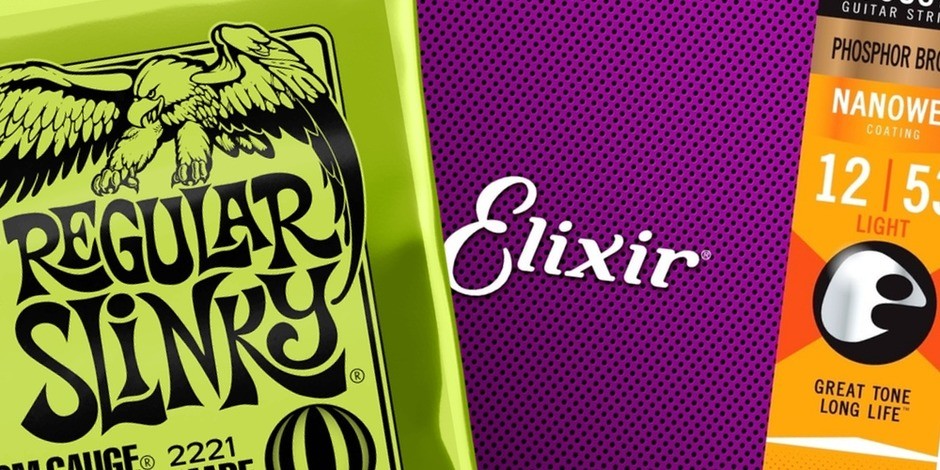
What Guitar Strings Should I Use
With such an array of string options available for electric, acoustic and classical guitars, it can be a tad daunting choosing the right set...
What guitar strings should I get? What are the best guitar strings? What string gauge should I use? Three very often asked questions here at GigGear. The world of guitar strings can be a confusing place. With several different manufacturers offering many types of string in multiple gauges (thicknesses), the amount of options pretty soon add up. Couple this with the vast number of different guitars and musical styles, each having a favoured string type, and even the most experienced guitarist can be caught out. That’s where we come in. This guide will help you figure out your bronze from your nickel, your Slinkys from your Beefys and your Nanos from your Polys.
What guitar do I have? First things first, which guitar needs strings? There are 3 main types of guitar – electric, acoustic and classical, each of which requires different types of strings for different purposes.
Electric Guitar Strings
Electric guitar strings are nearly always made from metal (usually Nickel plated steel) and are available in a range of sizes (gauges). These gauges denote the thickness of the string, measured in thousandths of an inch.
A great number of guitar companies, particularly Fender, Ibanez, Epiphone and many more, fit 9-42 gauge strings to their guitars as standard. 9-42, or ‘9s’ as they are commonly named are a light gauge and ideal for a wide range of playing styles. Their reasonably low tension lends them particularly well to players doing a lot of string bending and lead playing, and also for beginners who want a string that is easy to fret without causing too much finger pain.
D’Addario EXL120 are a great all round choice for 9s, with the added bonus of having coloured ball-ends to help when re-stringing. Another extremely popular choice is Ernie Ball Super Slinky. These strings, in their bright pink packet, have been an industry standard for years.
Along with ‘9s’, the other most popular gauge is 10-46 (often referred to as ‘10s’). These offer a bit more tension allowing slightly more volume and increased tuning stability. ‘10s’ are favoured by companies such as Gibson, whose shorter scale necks benefit from the extra tension.
D’Addario EXL110 are an excellent choice for a set of ‘10s’, as are the almost industry standard Ernie Ball Regular Slinky. Elixir Optiweb are another great options, delivering performance and feel of natural strings with the longevity of coated strings.
For heavier playing styles, most string companies offer heavier gauge strings designed to be de-tuned (the extra tension of a thicker string counteracts the reduction in tension when tuned lower than standard concert pitch). Strings such as Ernie Ball Power Slinky, D’Addario EXL115, Ernie Ball Not Even Slinky and Beefy Slinky are optimised for detuning and are ideal for any player wanting the punch and power of a dropped tuning but without their strings flapping around under the reduced tension.
Acoustic Guitar Strings
Acoustic strings differ from those found on an electric guitar by a number of factors. Firstly, they are made from a different material – generally a steel core with either bronze or phosphor bronze windings. Secondly, they need to be loud – acoustic guitars don’t rely on electronics to get their sound across.
As with electric strings, acoustic strings are available in a number of gauges to suit different playing styles/players. Most acoustic guitars are fitted with either ‘11s’ or ‘12s’ straight from the factory or workshop. These offer a full sound with plenty of warmth that shouldn’t be too hard on the fingers. D’Addario EJ26 and EJ16 are popular 11 and 12 gauge phosphor bronze string sets. Martin Authentic Acoustic Strings SP 80/20 Bronze are a great choice for standard bronze ‘11s’ and ‘12s’.
In addition to the conventional bronze and phosphor bronze strings, there is a range of ‘coated’ strings available. These feature hi-tech coatings that prevent dirt and moisture form the air or a guitarist’s hands from getting into the string and causing it to oxidise. As a result, the coated strings generally keep their ‘new string’ sound 3-5 times longer than standard strings.
Elixir uses two different types of coating, Poly Web and the thinner Nano Web. They have been embraced by some of the most highly regarded guitar manufacturers who now fit them as standard. As a result, strings such as Elixir Nano Web Acoustic Light 12-53 have become very popular. Martin Authentic Acoustic Strings SP Phosphor Bronze and D’addario EXP16 are also good choices.
Classical Guitar Strings
In order to get the warmer tone and percussive attack needed for classical or flamenco guitar playing, classical strings are made, not out of metal, but generally from nylon or compounds with similar properties.
Generally featuring 3 plain strings and 3 with a silver winding, classical strings can be available in a range of tensions rather than gauges. For everyday use, or for beginner guitarists, normal tension strings are the most useful. D’Addario EJ27N are a great option offering quality and affordability. Offering more punch and percussive edge, hard tension strings are used by guitarists seeking more volume and projection. D’Addario Pro-Arte EJ46 are an excellent choice in this case.
For the more advanced classical guitarist, Savarez offer sets of strings such as Savarez Corum 500ARJ combining high tension bass strings with normal tension trebles for a wider range of tones and dynamic range.

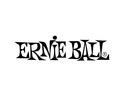


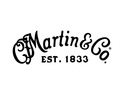
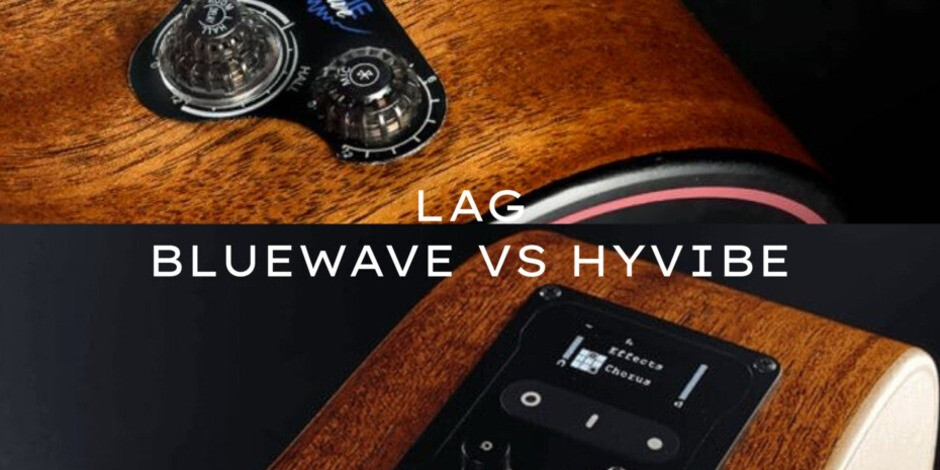
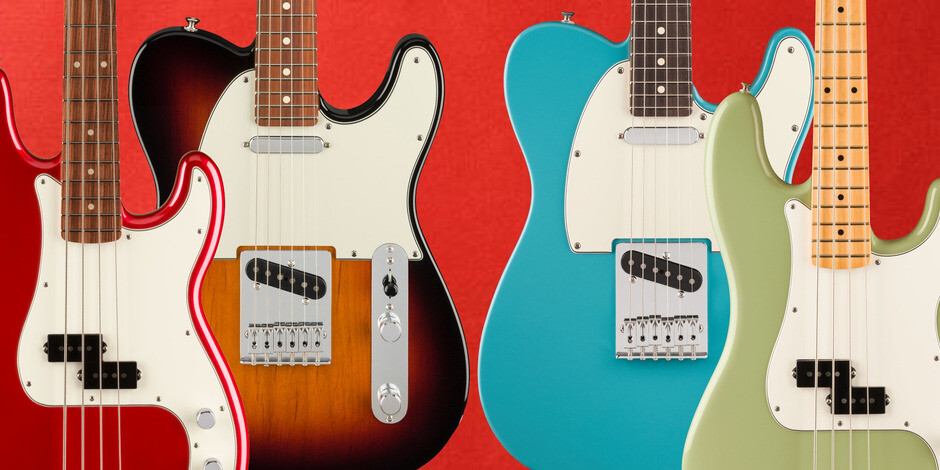
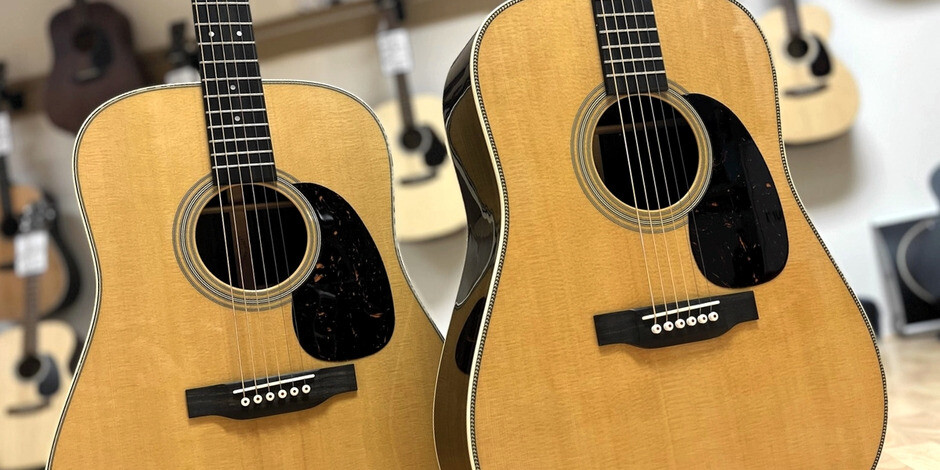
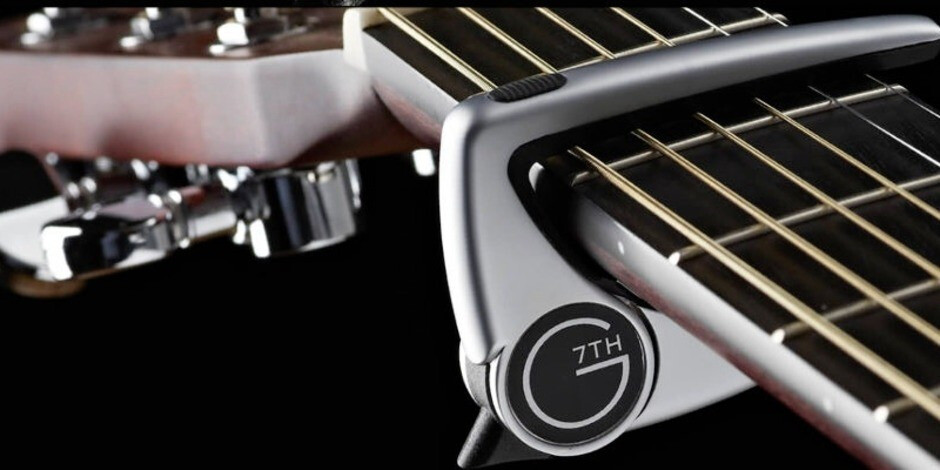
Comments